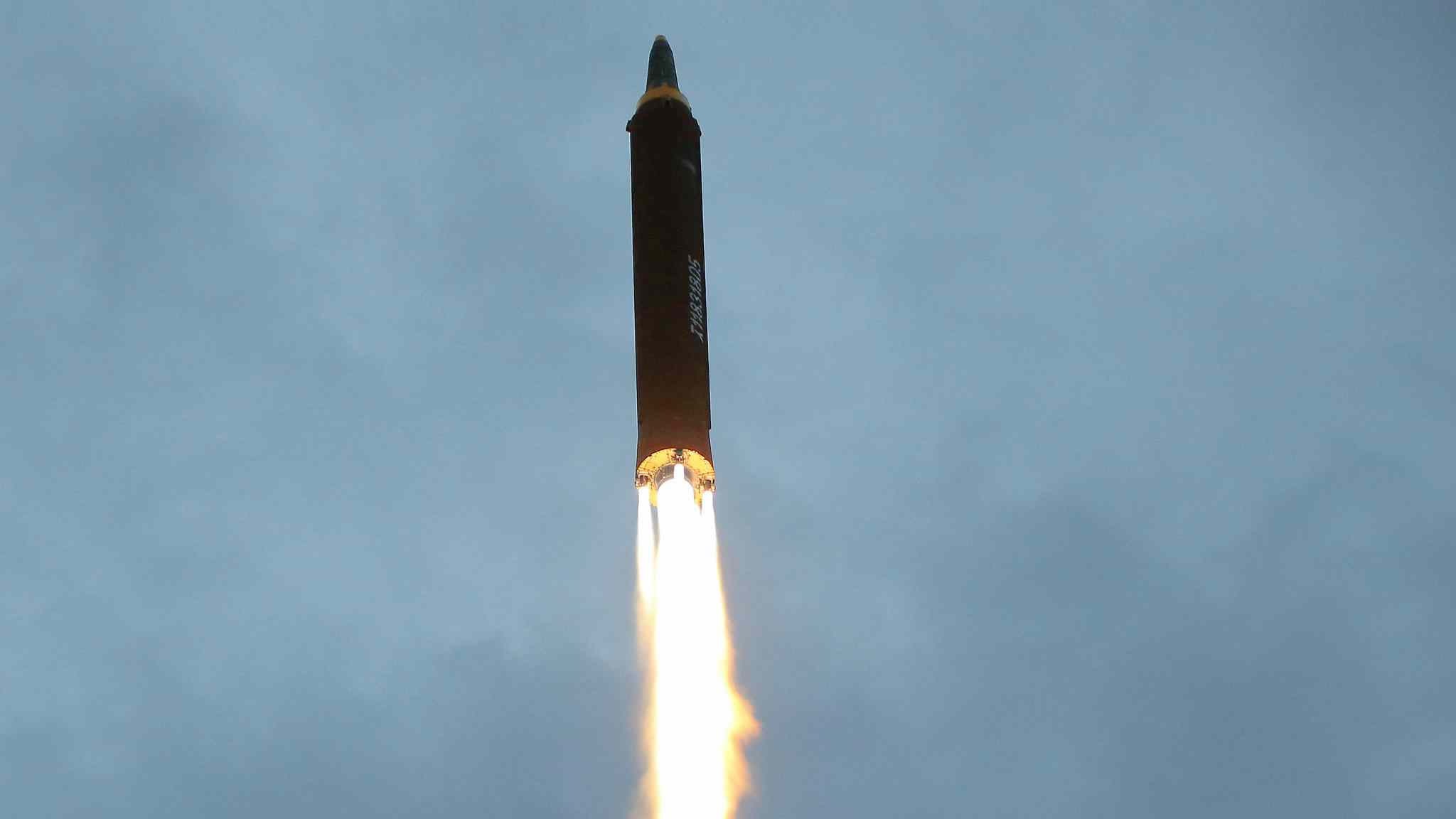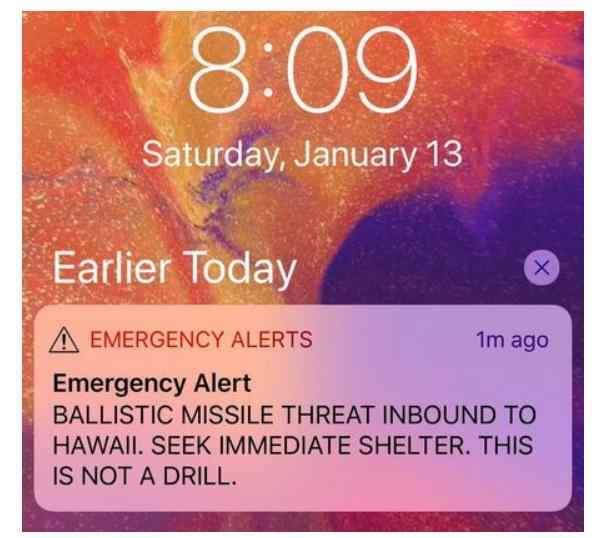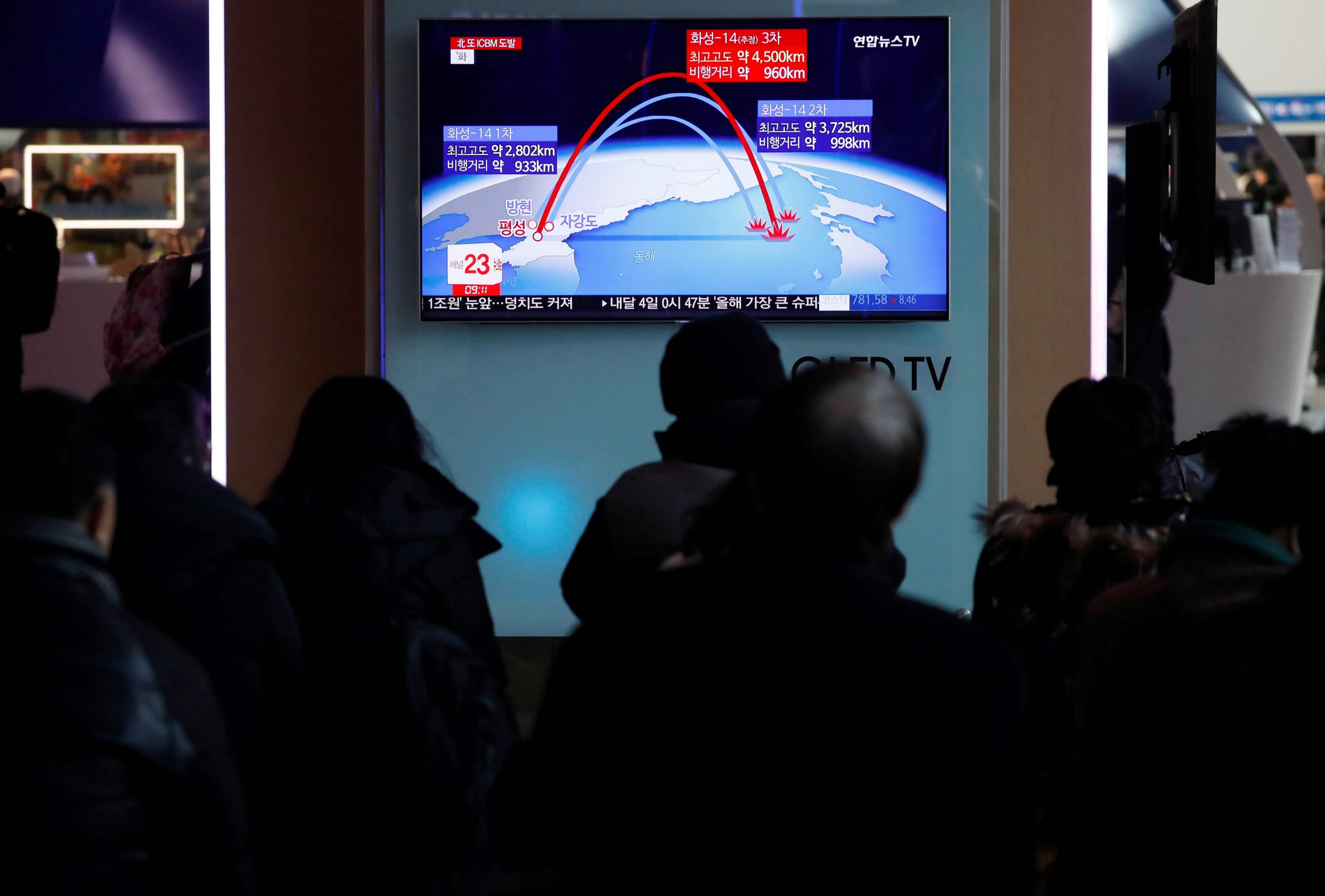
Opinions
14:55, 17-Jan-2018
Opinion: Second wolf-crying should be real warning against uncalled for hostile mentality
Guest Commentary by Dr. Summer

Japan's public broadcaster NHK on Tuesday issued the message on its web, mobile news and Twitter sites, saying “North Korea appears to have fired a missile”.
NHK also said that a government warning had been issued: “The government: Seek shelter inside buildings and basements”.
However, minutes later NHK corrected the mistake.

A screen capture from a Twitter account showing a missile warning for Hawaii, US, January 13, 2018 in this picture obtained from social media. Courtesy of TWITTER@wpugh/ via Reuters
A screen capture from a Twitter account showing a missile warning for Hawaii, US, January 13, 2018 in this picture obtained from social media. Courtesy of TWITTER@wpugh/ via Reuters
The false alarm came just days after Hawaii's Emergency Management Agency sent a mistaken warning of a missile attack to mobile phones across the state last week.
Human error was blamed for both false alarms. The only difference is that the mistake was not corrected for 38 minutes in Hawaii, triggering widespread public panic while the NHK correction came in a matter of minutes with limited impact on people’s life.
But what concerns me the most is that both incidents occurred in two of the most advanced countries of the world.
Technically and militarily the United States and Japan are much, much more powerful and stronger than the DPRK. And the nuclear button in the Oval Office is much bigger than that in Pyongyang. So, what was really on the mind of the individuals sitting at the desk when they pushed the wrong button?

People watch a news report on the DPRK firing what appeared to be an intercontinental ballistic missile (ICBM) in Seoul, ROK, November 29, 2017. /Reuters Photo
People watch a news report on the DPRK firing what appeared to be an intercontinental ballistic missile (ICBM) in Seoul, ROK, November 29, 2017. /Reuters Photo
I guess one reason might be unnecessary fear resulted from mistrust and the hostile mentality inherited from the Cold War plus a lack of effective communications between the countries.
We all know of the tragic ending of the wolf-crying story. In that story, after a few false cries, the villagers no longer believed the boy. No one answered his last call when the wolves did come and preyed on his sheep. But in real life, we should all guard against misjudgment based on mistrust or even uncalled for hostility to avoid disasters caused by false alarms. Or, on the other hand, people can take necessary measures to protect themselves when true danger strikes.
Fortunately, on the two occasions, people on duty pushed the wrong button to send warnings. If the button to fire is mistakenly pressed, the consequences would be far more disastrous than the wolf-crying story.
(With a doctoral degree in communications from the China University of Communications, the author has been working in the field of international journalism for 30 years. The article reflects the author's opinion, and not necessarily the view of CGTN. )

SITEMAP
Copyright © 2018 CGTN. Beijing ICP prepared NO.16065310-3
Copyright © 2018 CGTN. Beijing ICP prepared NO.16065310-3